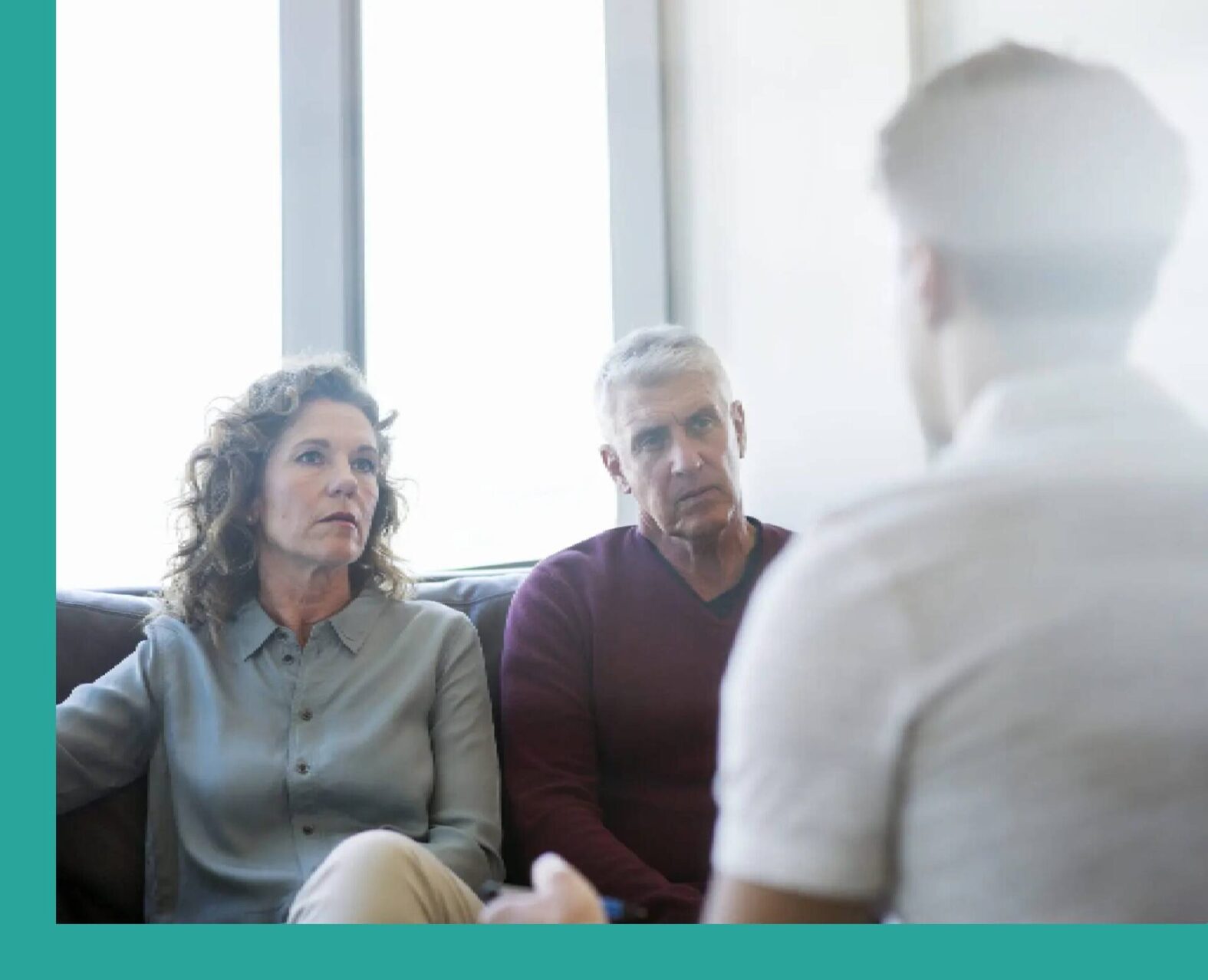Training Courses
Randy has developed and delivered training courses and presentations to thousands of attendees throughout the US. His training content is drawn from internationally recognized sources as well as his decades of front-line experience and research. Randy’s interactive approach to the subject matter provides ample opportunity for questions and an exchange of ideas and input with the attendees, who consistently offer high marks and positive comments in their course evaluations.
While some courses are designed for specific professions or roles, others are ideal for a broad range of audiences. These include:
Law Enforcement (LE), First Responders (FR), Crisis Counselors and Chaplains (CC), Safety and Security (SS), or any general audience (Any).
To receive a detailed overview of any of the courses, please send a message through the contact page. Randy will also provide a copy of his bio/curriculum vitae and detailed lesson plans when required.
Note: Randy recognizes that the content of some coursework is unavoidably "heavy." Within each of his courses, Randy works to balance that heaviness with his unique, respectful humor, and with open discussions about that heaviness. Additionally, Randy knows that some content may generate a level of emotional discomfort for some attendees, and he always extends an invitation to anyone experiencing such to contact him in confidence during or after the class to discuss the matter further.
Courses, keynotes, and Workshops
Communicating When it Counts (Any)
60-90 Minutes
This lighthearted but informative presentation is offered as a 90-minute workshop and as a one-hour keynote presentation. Randy uses an actual case of mistaken identity to describe how our attempts to communicate effectively can be hampered by the cognitive, physical and emotional reactions to difficult, high-intensity situations.
He then offers insight and tips that may help mitigate these negative reactions. The presentation has been well-received by audiences and is described by many attendees as “fun and very informative.”
“Randy has been a delight to have as a speaker at several of our national conferences. His wit is refreshing, and his content is relevant to our industry. Randy brings the insight of experience in an ever crowded field of security. Anyone who engages his services will not be disappointed.”
President, National Organization of Church Safety and Security Management (NOCSSM)
The Human Factors of Lethal Force Incidents (LE, SS, FR, CC)
Four-Hour/Eight-Hour
This dual-purpose course has been presented to law enforcement and armed security professionals, peer-support personnel, and law enforcement leadership teams. For armed professionals and others, Randy describes the potential responses to lethal-force incidents (cognitive, physical, emotional, psychological), and offers strategies and techniques that may help mitigate the negative impact of these events and increase performance.
For secondary responders, peer support personnel/clergy/counselors and others who may assist in the wake of these incidents, the course offers guidelines and support mechanisms and procedures. The information offered will enhance the providers' ability to provide adequate assistance to involved personnel, their families, peers, and the community.
Various elements of the course are included in Officer Involved Shootings and Use of Force: Practical Investigative Techniques, co-authored by Randy, published in 2007, and continuing in print today.
For thirteen years, Randy presented the 8-hour version of the course within Module III of the Leadership Command College at the Law Enforcement Management Institute of Texas (LEMIT)
"Exceeded my goals! I came away with info for new policies, and he pointed out areas for improvement. Randy did a great job! I would recommend this course to other officers!"
LEMIT Graduate

Death/Trauma Notifications (Made Less Awful) (LE, FR, CC)
Three-Hour (minimum - may be expanded)

A variety of surveys and research projects continue to reveal that a significant percentage of law enforcement officers, first responders, clergy/chaplains, and other professionals receive little to no death/trauma notification training. Yet most of these professionals report that they have delivered at least one death notification.
It’s a message that many recipients describe as the “most horrible moment of their lives.”
While there are many “right” ways to approach the task professionally and compassionately, the course explores potential challenges that may be encountered and offers techniques and strategies that may lessen the negative impact for both the recipient and the provider.
The course includes instruction and scenarios designed to increase the student’s awareness of the challenges that may be faced and addressed in delivering these messages, the need for effective planning, and considerations for team development.
The course content is drawn in part from several nationally regarded models. But having delivered scores of notifications throughout his career, Randy provides insight into the various nuances of this task, many of which are not covered in the standard models of instruction.
"There was not a part [of the course] that wasn't valuable to me. Tough subject, but very good information! Very good presentation!"
Course attendee - law enforcement
